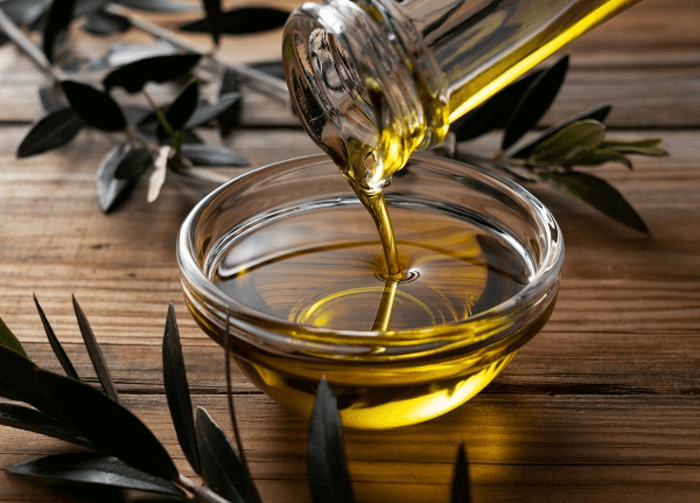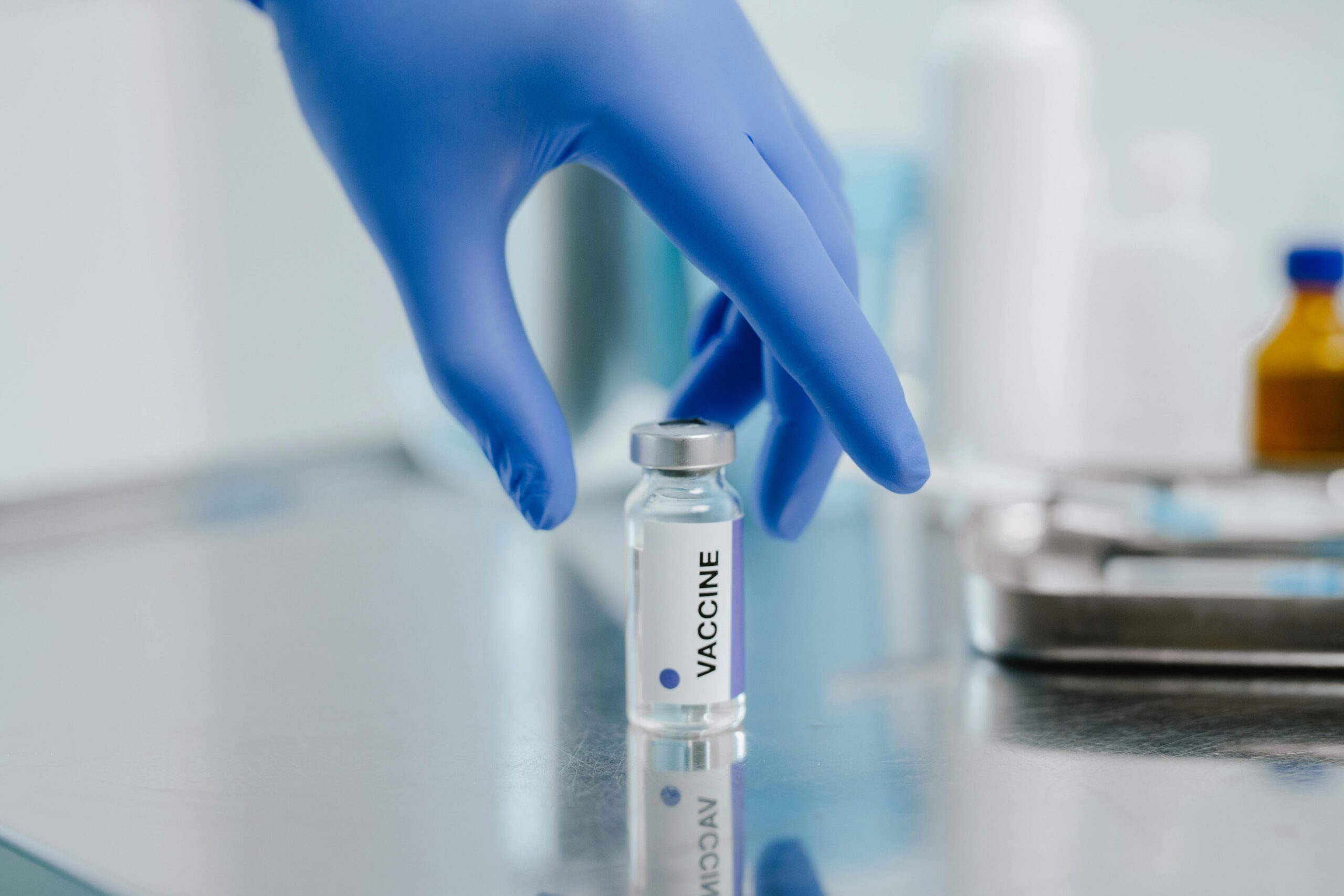Extra virgin olive oil is a main component in the Mediterranean diet, and now it’s found to have healthy effects in breast milk. A new study from international researchers finds that consuming extra olive oil during pregnancy increases the level of antioxidants in breast milk and in infants.
Researchers say extra virgin olive oil increases the level of phenolic compounds in breast milk and can cross the placental barrier. The study was conducted by scientists from the Faculty of Pharmacy and Food Sciences of the University of Barcelona, the Institute for Research on Nutrition and Food Safety, and the Physiopathology of Obesity and Nutrition Networking Biomedical Research Center.
To conduct the study, researchers gave pregnant rats and their offspring a daily intake of extra virgin olive oil for six weeks. Researchers found the phenolic compounds coming from the extra virgin olive oil reached the systemic circulation of mothers. They also discovered many phenolic compounds and derivates in breast milk. “Surprisingly, it is noteworthy that some of the phenolic compounds and their metabolites were detected in higher concentrations in the offspring plasma than in the mothers’ plasma,” the researchers explain.
“To date, several studies had described that the composition of breast milk can be affected by biological and environmental factors to which the mother is exposed, such as the mother’s diet,” says study authors Maria Rodriguez-Lagunas and Anna Vallverdu-Queralt, with the Institute for Research on Nutrition and Food Safety. “Therefore, the nutritional interventions during pregnancy and the breastfeeding period can have an impact on the quality of breast milk, and consequently, on the infant’s health. Therefore, our findings shed light on the importance of the mother’s diet during pregnancy and lactation, and they provide the base for future studies on the impact of phenolic compounds on the mother’s and the infant’s health.”
Breast milk contains essential nutrients and bioactive factors — like hormones, antibodies, microorganism and stem cells — for infants. Breast milk also provides short- and long-term benefits to both the mother and infant as it reduces the number of infections and the risk of suffering from metabolic diseases in the future.
This new research comes after a recent study found that breast milk antibodies shape infants’ gut bacteria and immunity. A specific set of antibodies induced naturally by gut-beneficial bacteria can be transferred by mothers to infants through breast milk. These antibodies can help babies defend against deadly infection-generated diarrheal illness.
The study is published in the journal Food Chemistry.










